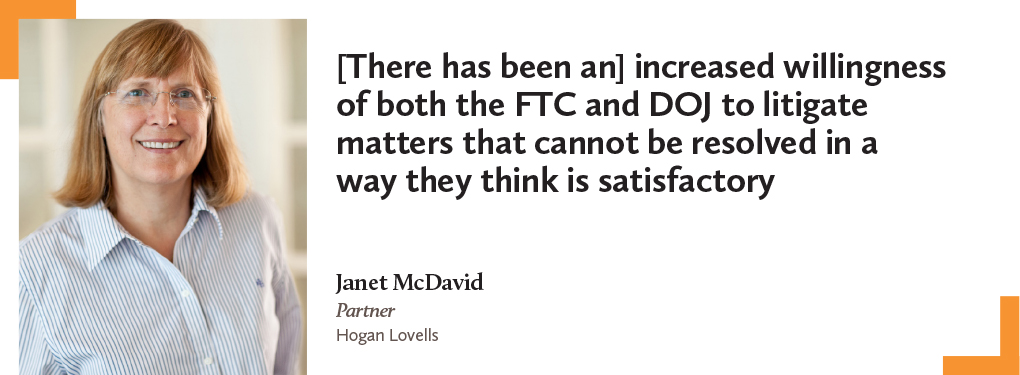Global antitrust enforcement is growing in complexity as M&A activity climbs beyond record levels and businesses face closer scrutiny from increasingly sophisticated authorities, writes Vanessa Ip
Increasing internationalization has been a long-running theme in global antitrust enforcement. In Clifford Chance’s Global Antitrust Trends 2016 report, the law firm reported that global antitrust enforcement would invariably trend towards increasing complexity. The firm echoes this sentiment in its 2017 report, The Antitrust Horizon, predicting that for antitrust enforcement and merger control, the global trend will be towards proliferation and complexity, in terms of both procedure and substance. The report identifies two themes that will dominate the outlook for global businesses, including the propagation of new technology and the recent rise in protectionist rhetoric among many political leaders. “The former will bring new antitrust challenges and disputes, while the latter may result in greater political intervention in cross-border deal-making and more disputes over subsidies,” the report says.
According to Antoine Winckler, a partner at Cleary Gottlieb Steen & Hamilton in Brussels, “The increasingly global nature of transactions has further led to continued collaboration and co-ordination with other antitrust agencies around the world.” As regulation increases and antitrust authorities become more sophisticated, companies need to be more stringent and reinforce their compliance regimes to avoid being caught by regulatory sanction and scrutiny.
According to practitioners in the US, one of the most significant developments in the past 12 months has been the increasingly aggressive approach to mergers being taken by the Department of Justice (DOJ) and the Federal Trade Commission (FTC).
Janet McDavid, a partner at Hogan Lovells in Washington, observes that US merger control authorities are becoming more litigious. “[There has been an] increased willingness of both the FTC and DOJ to litigate matters that cannot be resolved in a way they think is satisfactory,” she says. “As a result, both agencies now have multiple matters in litigation. Both agencies have been insisting that parties to merger investigations put substantial and meaningful remedy proposals on the table before the agency will start to discuss the proposed remedy. The agencies have a view of what is needed to resolve their concerns and will not waste time considering inadequate remedy proposals.”
In its Competition/Antitrust Global Market Outlook 2016 publication, Linklaters reported that FTC and DOJ policies on merger remedies have become so strict and demanding that merging parties may ultimately be forced to abandon their transactions in cases where “the economics no longer make sense”.
But Jonathan Jacobson, a partner at WSGR in New York, says increased merger enforcement will have a minimal but positive effect on foreign investment, “at least to the degree that foreign investors are buying US companies they compete against”.
European Union
There have been significant developments in relation to antitrust laws and enforcement in the EU in the past year. With regard to cartels, while the European Commission (EC) has continued to enforce leniency applications, it has also imposed the largest cartel fines to date, totalling €3.6 billion (about US$4 billion).
Merger notifications have also reached a record high. According to Antoine Winckler, this is due to the high level of M&A activity in 2015, which resulted in the highest number of merger notifications to the EC since 2008. While merger control will often be an important consideration for high-profile investments and M&A, Fiona Carlin, a partner at Baker McKenzie in Brussels, warns that certain features of European merger control laws can mean that a mandatory merger filing is required in less obvious situations.
You must be a
subscribersubscribersubscribersubscriber
to read this content, please
subscribesubscribesubscribesubscribe
today.
For group subscribers, please click here to access.
Interested in group subscription? Please contact us.




























